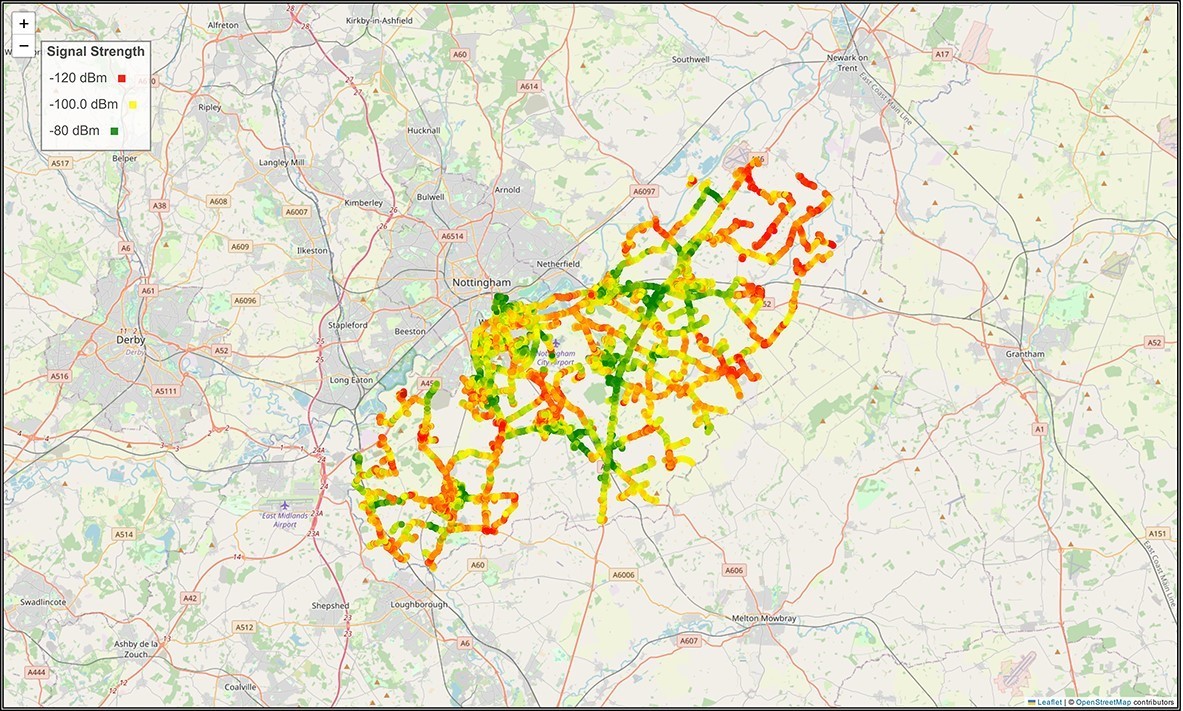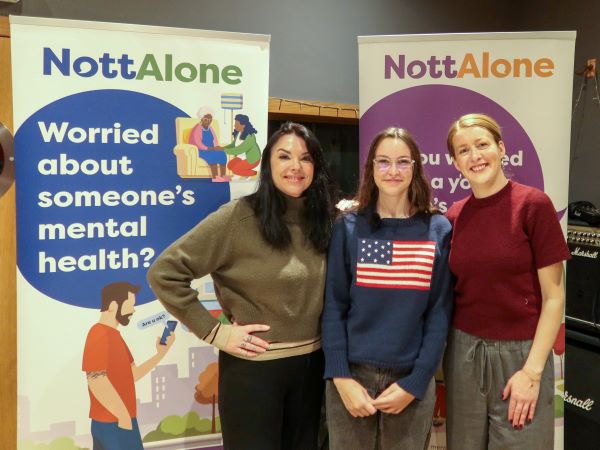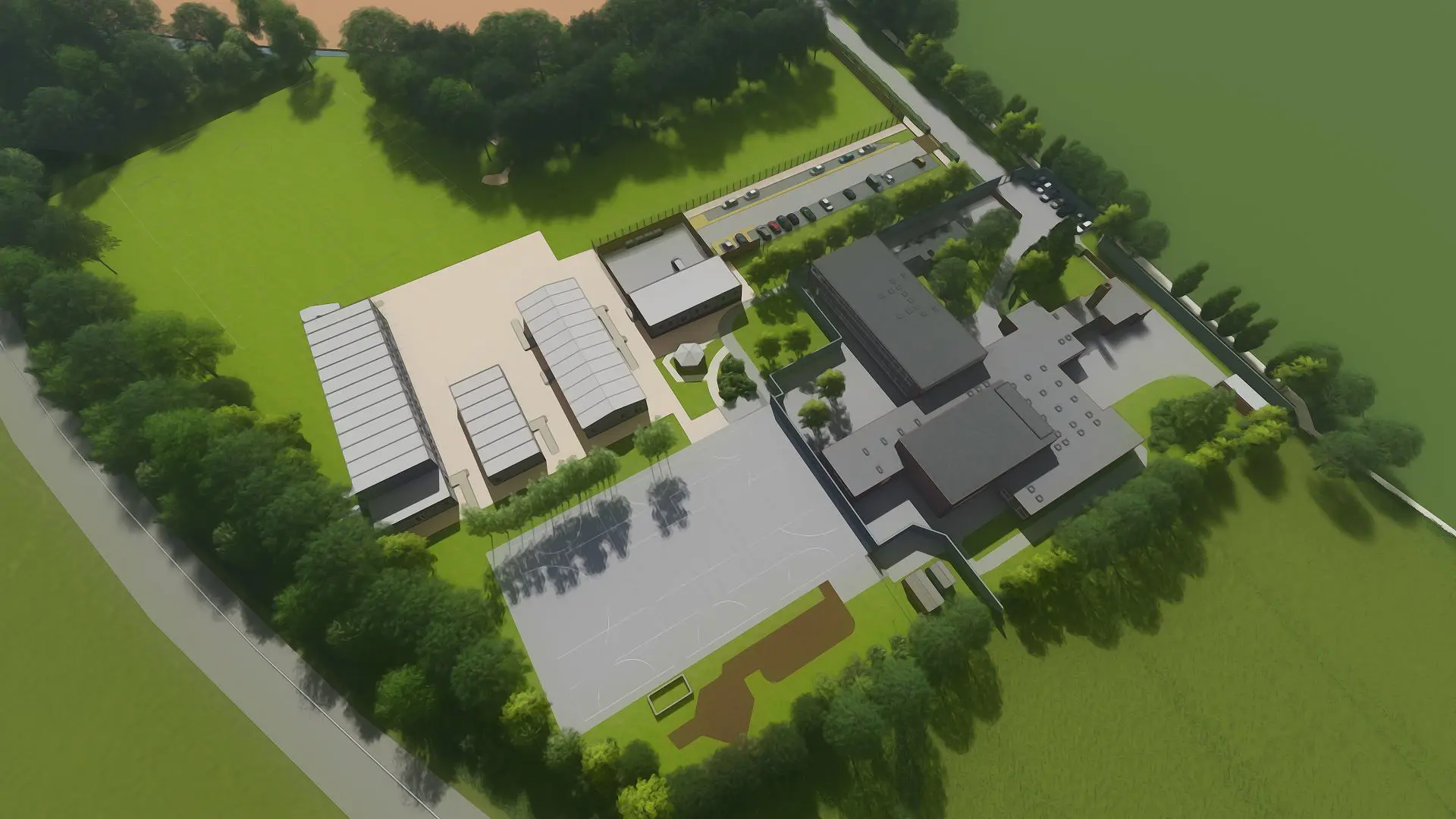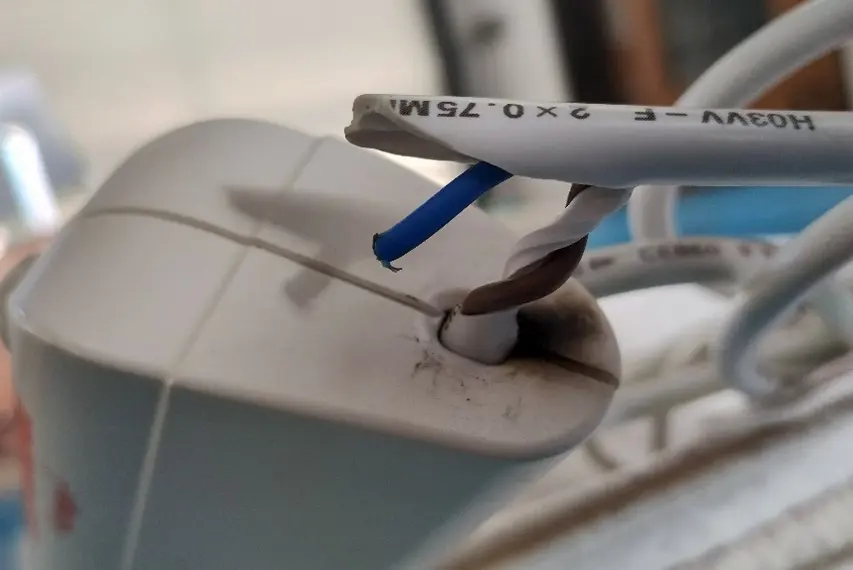Digital Connectivity
We want to transform Nottinghamshire into the most digitally connected county across the UK. It's not just faster internet speeds or Wi-Fi hotspots - it’s making sure every resident, business, and organisation in Nottinghamshire can access the online world, without barriers.
Achieving this goal means focusing on three key areas:
Digital infrastructure
Identify ways in which digital technologies can be used to improve business productivity:
- Extend the gigabit-capable full fibre coverage
- Deliver projects to improve digital connectivity across the county
Digital innovations
Development and use of council premises and land to support future advances in connectivity:
- Promote existing projects and their wider use to businesses and partners
- Promote the benefits of digital connectivity with new pilot projects
- Work to ensure that the county is best placed to maximise further digital opportunities
Digital inclusion
Ensuring digital connectivity is accessible to all through partnership and proactive working:
- Roll out of 5G careers/digital innovation programme across the county
- Gigabit roll out extension for social housing
- 5G business events from Digital Turbine Centre
Fixed and mobile data networks are the ‘enabling infrastructure’ which underpin economic growth. We deliver projects which drive up coverage across the county.
The Better Broadband for Nottinghamshire programme was a 5 year, £31m+ partnership between the county council and a range of funding partners including Central Government, Openreach and our districts, boroughs and city council.
This programme built upon the commercial rollout of fibre-based broadband which had provided superfast (>=30Mbps) access to 86% of properties in Nottinghamshire. The programme ensured that 98.8% of the county’s homes and businesses could now access superfast broadband.
Building on the success of that project, we are currently working to raise the percentage of premises who can access full-fibre (>900 Mbps) across Nottinghamshire through two Government-funded initiatives; the £1.2m D2N2 Gigahubs project and Lot 10 of the BDUK led Project Gigabit which represents c. £33m of investment in Nottinghamshire extending coverage to c. 20,000 residential and business premises that otherwise would miss out from a lack of commercial investment.
| Coverage | Superfast Capable (>=30Mbps) | Gigabit Capable (>900 Mbps, including DOCSIS 3.1) | Full-fibre (% premises) |
| Nottinghamshire | 98.8% | 83.5% | 55.7% |
| UK Average | 97.9% | 81.3% | 61.5% |
| UK Broadband Performance and Coverage Statistics (thinkbroadband.com) January 2024 | |||
Nottinghamshire is one of the first local authorities to carry out a county-wide survey to collect 4G and 5G mobile connectivity data, as we recognise that there is insufficient real data available to guide investment in mobile coverage. The survey data will highlight areas in the county which would benefit from interventions and we will work in partnership with mobile network operators to address these.

Digital Pathfinders Project signal strength data for one mobile operator in Rushcliffe
We also play an important role in liaison between network providers both fixed and mobile and our partners Via-EM to try to minimise disruption and help speed construction.
We actively seek and support partnerships aimed at delivering relevant research projects and technical innovation across Nottinghamshire.
The £10m 5G Connected Forest project helps visitors make the most of their trip to Sherwood Forest through accessing ‘talkative signage’ and immersive augmented reality experiences, whilst providing new data collection possibilities to those who manage and conserve this 450 acre woodland park.
The project, undertaken as part of the UK Governments Testbeds and Trials programme, fostered co-operation between local universities, voluntary sector, visitor economy and technology companies.
We want to close the ‘digital divide’ which disadvantages people who are unable to access internet-based services due to a variety of societal factors.
This divide can have serious negative impacts on a person’s life prospects, education, employment, health, wellbeing, finances and increased risk of falling into poverty.
We raise awareness of social tariffs which offer cheaper connectivity to those claiming Universal Credit, Pension Credit and certain other benefits, and promote a connectivity voucher scheme to support those struggling with poor internet access in very rural areas.
Improved digital connectivity boosts economic growth and performance as well as lowering the barriers to new business start-ups and innovation, which in turn creates more employment opportunities. The county council’s Digital Innovation Centre project brought cutting-edge technology and full fibre connectivity to a Worksop business centre location that had previously suffered from poor telecoms and network capacity.
This investment was explicitly designed to support and encourage businesses in the early adoption and development of 5G technologies, boosting the profile of Worksop as a destination for high-tech start-ups creating new high-value jobs.








